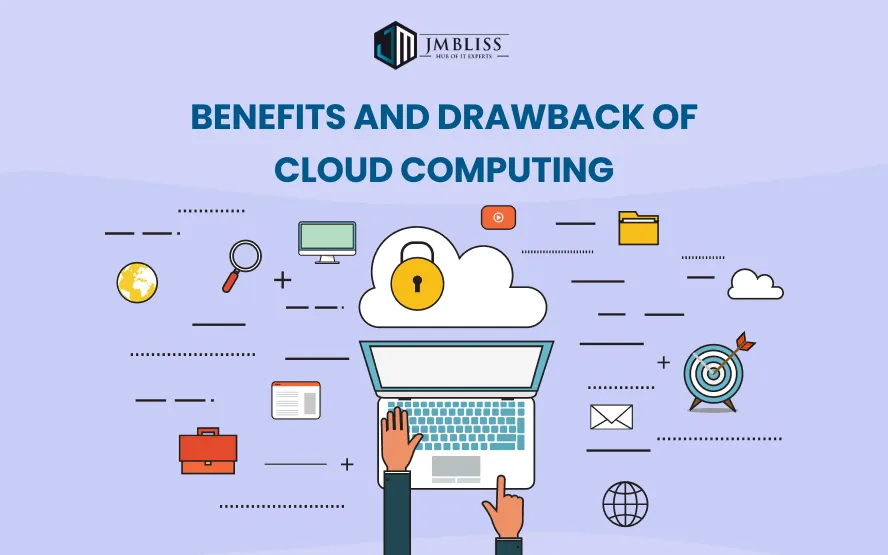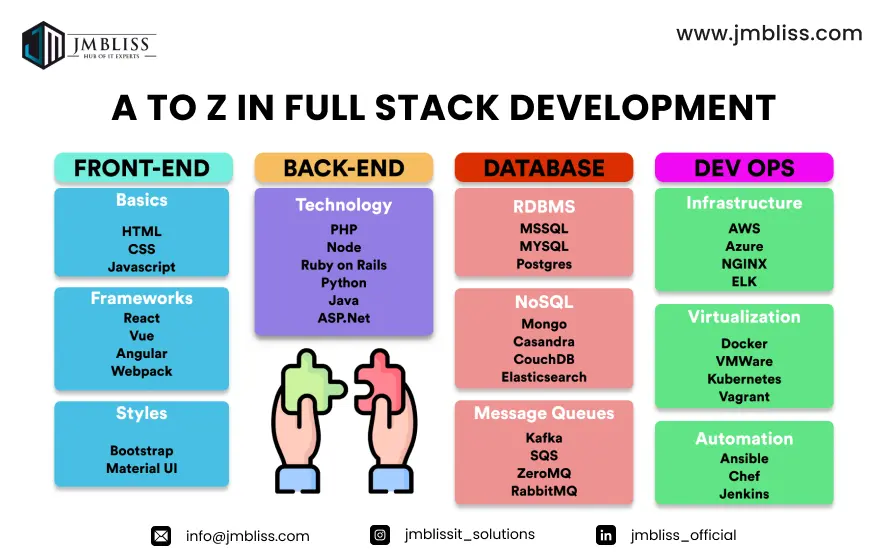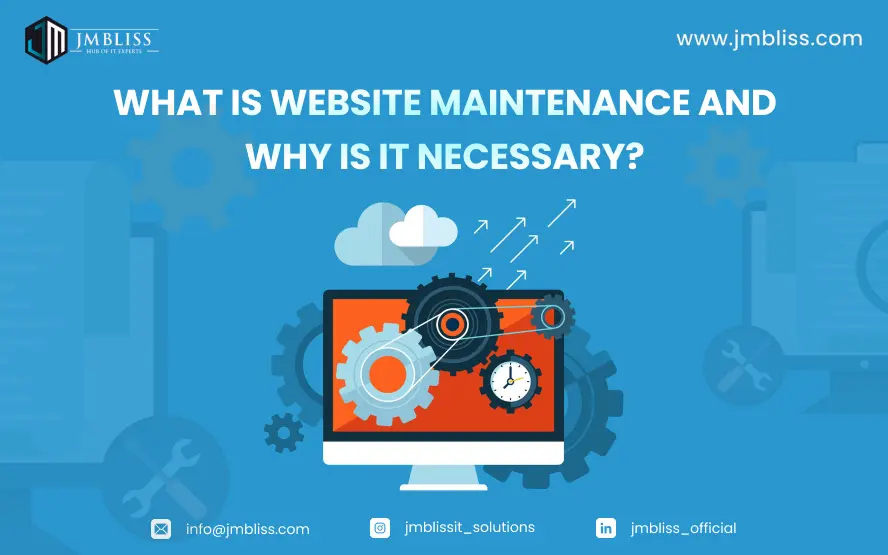
Before knowing about drawbacks and benefits of cloud computing,Let’s know about, what is it and how it works
What is Cloud Computing
The term cloud refers to a network or the internet. It is a technology that uses remote servers on the internet to store, manage, and access data online rather than local drives. The data can be anything such as files, images, documents, audio and video. Small as well as large IT companies, follow the traditional methods to provide the IT infrastructure. That means for any IT company, we need a Server Room that is the basic need of IT companies. In that server room, there should be a database server, mail server, networking, firewalls, routers, modem, switches, QPS (Query Per Second means how much queries or load will be handled by the server), configurable system, high net speed, and the maintenance engineers. To establish such IT infrastructure, we need to spend lots of money. To overcome all these problems and to reduce the IT infrastructure cost, Cloud Computing comes into existence. Advantages of Cloud Computing
1) Back-up and restore data
Once the data is stored in the cloud, it is easier to get back-up and restore that data using the cloud.
2) Improved collaboration
Cloud applications improve collaboration by allowing groups of people to quickly and easily share information in the cloud via shared storage.
3) Excellent accessibility
Cloud allows us to quickly and easily access store information anywhere, anytime in the whole world, using an internet connection. An internet cloud infrastructure increases organization productivity and efficiency by ensuring that our data is always accessible.
4) Low maintenance cost
Cloud computing reduces both hardware and software maintenance costs for organizations.
5) Mobility
Cloud computing allows us to easily access all cloud data via mobile.
Disadvantages of Cloud Computing
A list of the disadvantage of cloud computing is given below –
1) Internet Connectivity
As you know, in cloud computing, every data (image, audio, video, etc.) is stored on the cloud, and we access these data through the cloud by using the internet connection. If you do not have good internet connectivity, you cannot access these data. However, we have no any other way to access data from the cloud.
2) Vendor lock-in
Vendor lock-in is the biggest disadvantage of cloud computing. Organizations may face problems when transferring their services from one vendor to another. As different vendors provide different platforms, that can cause difficulty moving from one cloud to another.
3) Limited Control
As we know, cloud infrastructure is completely owned, managed, and monitored by the service provider, so the cloud users have less control over the function and execution of services within a cloud infrastructure.
4) Security
Although cloud service providers implement the best security standards to store important information. But, before adopting cloud technology, you should be aware that you will be sending all your organization’s sensitive information to a third party, i.e., a cloud computing service provider. While sending the data on the cloud, there may be a chance that your organization’s information is hacked by Hackers.
 Get A Quote
Get A Quote




